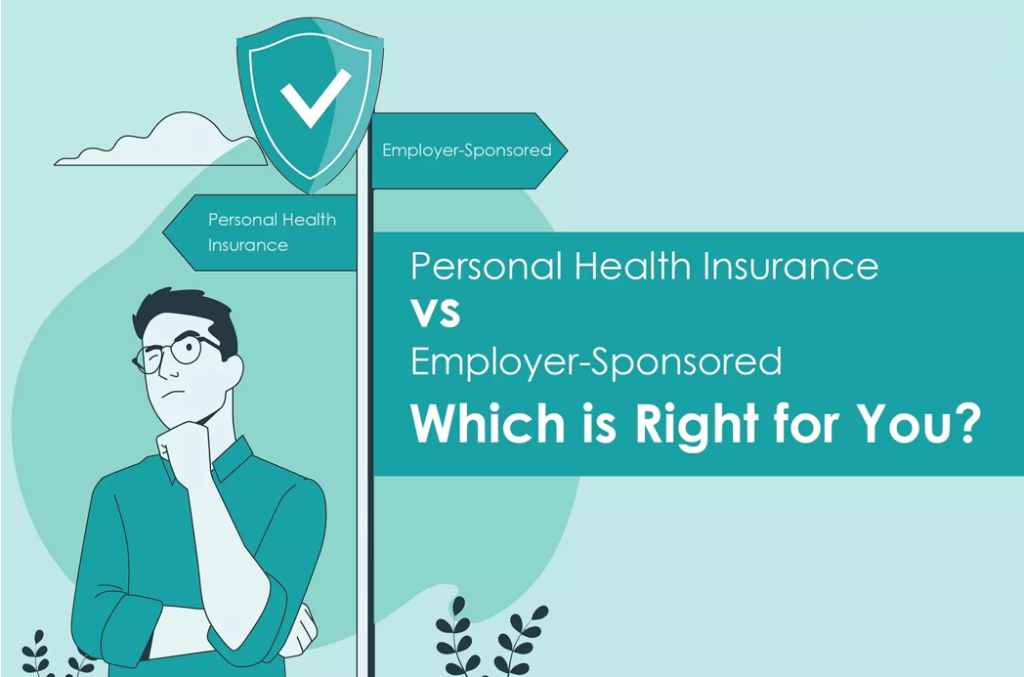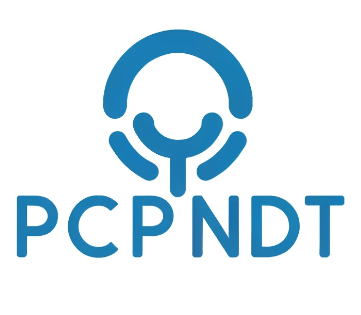Employer-Sponsored Health Insurance vs Private Health Insurance: Employer-Sponsored Health Insurance is provided by employers to employees, often at a subsidized cost, with limited plan options but lower premiums. Private Health Insurance is individually purchased, offering more customization, a broader provider network, and higher premiums based on selected coverage.
Health insurance is a crucial aspect of financial planning and ensuring access to quality healthcare. When considering health insurance options, individuals often come across two primary types: Employer-Sponsored Health Insurance and Private Health Insurance. Each type offers distinct features and benefits, catering to different needs and preferences. Let’s delve into the disparities between Employer-Sponsored and Private Health Insurance to help you navigate the complexities of healthcare coverage.

What is Employer-Sponsored Health Insurance?
Employer-Sponsored Health Insurance is a common benefit provided by employers to their employees. Following are some key aspects of Employer-Sponsored Health Insurance:
- Coverage: This type of insurance typically offers group coverage to employees and their dependents. It may include medical, dental, vision, and other healthcare benefits.
- Cost: Employers often subsidize a portion of the premium costs, making it more affordable for employees. The premiums are deducted from the employee’s paycheck.
- Network: Employer plans may have a network of healthcare providers, limiting the choice of doctors and facilities but often offering discounted rates.
- Benefits: Employer plans may include additional benefits such as wellness programs, preventive care, and health management resources.
Pros
- Affordability: Employer-sponsored plans often offer lower premiums due to group discounts and contributions from employers.
- Convenience: Enrollment and administration are handled through your employer, simplifying the process.
- Tax Advantages: Premiums are often deduct pre-tax, saving you money on your income taxes.
Cons
- Limited Choice: You’re usually limited to the plans your employer offers, which may not perfectly align with your needs.
- Job Dependency: You lose access to the plan if you leave your job.
- Potential Changes: Employers can modify or cancel plans, leaving you with limited options.
What is Private Health Insurance?
Private Health Insurance is purchased directly by individuals or families from insurance companies. It’s not tied to employment and is available in the open market. Here are some key features of Private Health Insurance:
- Coverage: Private plans offer individualized coverage based on the policy chosen. They may include a range of benefits such as hospitalization, prescription drugs, specialist visits, and more.
- Cost: Individuals bear the full cost of premiums for private insurance. The cost varies based on the level of coverage, deductibles, and co-pays selected.
- Network: Private plans may offer a broader network of healthcare providers, allowing for more flexibility in choosing doctors and facilities.
- Benefits: Private insurance plans may offer customizable options, additional coverage for specific conditions, and access to specialized healthcare services.
Pros
- Flexibility: You have a wider range of plans to choose from, allowing you to tailor coverage to your needs.
- Portability: You can keep your plan even if you change jobs or lose your job.
- Potentially lower premiums: Depending on your health and age, you might find a more affordable plan than some employer-sponsored options.
Cons
- Cost: You’ll likely pay the entire premium yourself, which can be expensive.
- Pre-existing conditions: Some plans may deny coverage or charge more for pre-existing conditions.
- Medical underwriting: You might have to undergo medical underwriting, which can affect your eligibility or premium cost.
Employer-Sponsored Health Insurance vs Private Health Insurance
| Aspect | Employer-Sponsored Health Insurance (ESI) | Private Health Insurance |
|---|---|---|
| Source | Provided by the employer | Purchased individually |
| Coverage | Broad range of services | Varies widely |
| Cost Sharing | Employer and employee contributions | Individual premiums |
| Network | Narrow network of providers | Broader network options |
| Stability | Stable as long as employed with the same company | Remains with you regardless of employment |
| Flexibility | Limited flexibility to choose plans | More flexibility to switch plans |
| Portability | Tied to employment | Remains with you even if you change jobs |
How to decide the right one?
When deciding between Employer-Sponsored Health Insurance and Private Health Insurance, it’s essential to consider factors such as cost, coverage needs, network preferences, and flexibility. Employer-Sponsored Insurance provides a convenient and often cost-effective option for employees, with benefits tailored to the workforce. On the other hand, Private Health Insurance offers more customization and flexibility in choosing coverage that aligns with individual healthcare needs and preferences.
Conclusion
Remember that both ESI and private health insurance have pros and cons. By understanding the differences between these two types of insurance, individuals can make informed decisions to select the coverage that best suits their healthcare requirements and financial circumstances.
